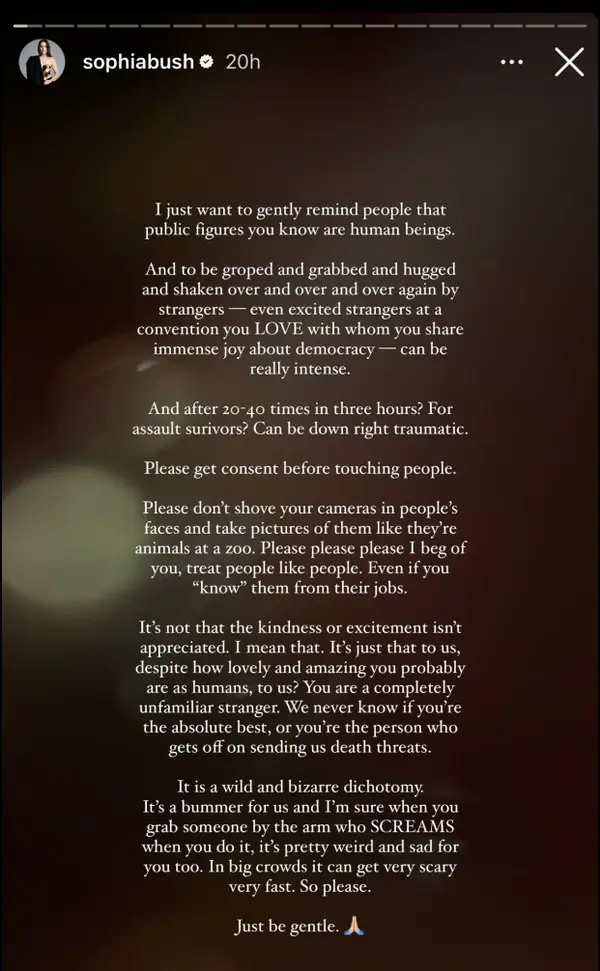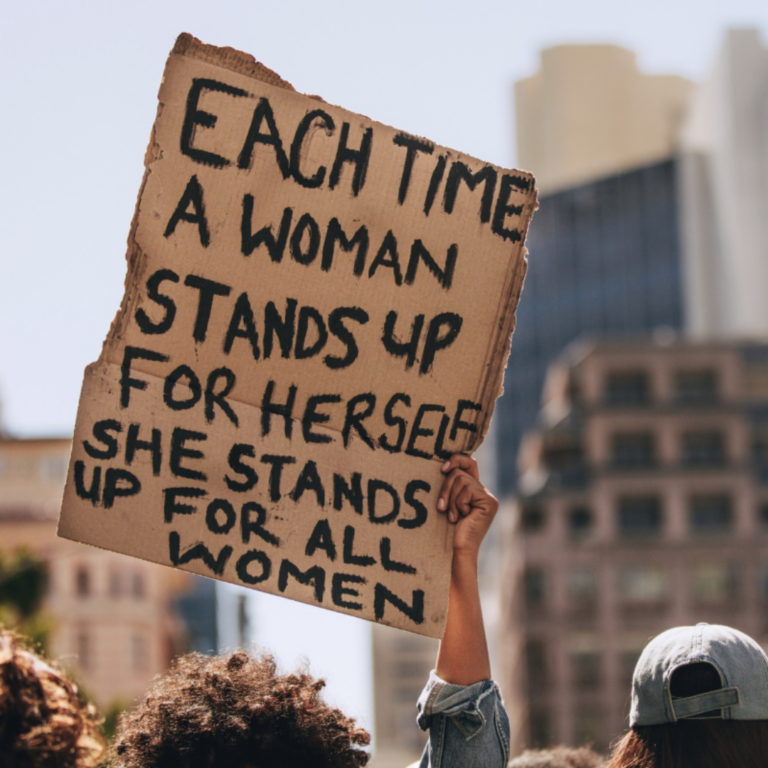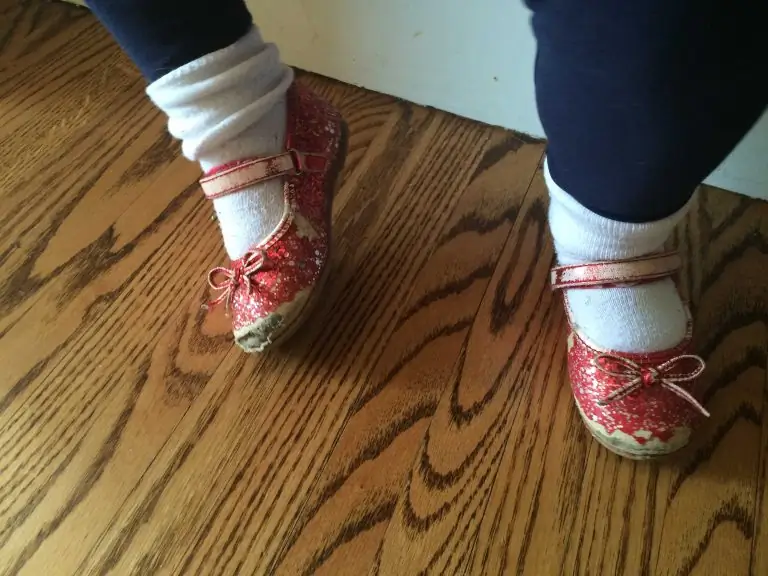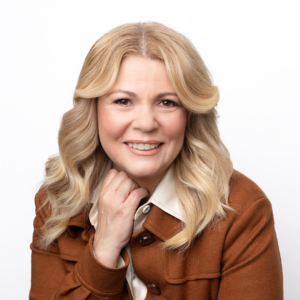Chappell Roan vs. the Internet: The fight for women who set boundaries
Gender equality21.10.2024

If you’ve been anywhere on the internet lately, you may find it hard to escape the news surrounding Chappell Roan.
If you don’t know who Chappell Roan is, she’s a rising star from Missouri whose catapult into the limelight has earned her more than 45 million monthly listeners on Spotify and the record for the largest Lollapalooza daytime set with a crowd of 110,000 people in attendance.
Besides her recent mega breakthroughs, Chappell Roan has also been gaining a lot of attention for her views on boundary setting.
In a recent TikTok, Chappell asked people to stop stalking her and approaching her on the street.
That makes sense, right? Of course she doesn’t want someone stalking her and her family. It’d be pretty weird if she did.
The internet disagrees.
There was an immediate backlash tsunami, with people saying she seemed ungrateful for her rise to fame. And this isn’t the first time we’ve seen this. Several other notable women have had to make public statements asking their fans and followers to respect their personal boundaries, including Jennifer Lawrence, Doja Cat, and even Taylor Swift, each of whom have received their own online criticism for their unwillingness to appease fans.
Recently, following the 2024 Democratic National Convention, Sophia Bush even put out a statement on her social media reminding everyone to “please get consent before touching people,” saying “public figures you know are human beings.”

A different take
This whole scenario begs the question: if these women were men, would things go differently? We have seen examples of men like Justin Bieber setting clear boundaries on social media, asking fans to stay away from his home and respect his space, with little pushback.
It’s hard to ignore the gender elephant in the room when we look at these experiences.
I know I’ve experienced this as a woman myself. Certainly not in the same light as Chappell Roan – I have not drawn a crowd of 110,000 people because of my voice (you would probably want to cover your ears if I did).
But I have set clear boundaries in my personal and professional life, and people have made jokes about it. I’ve been called “too sensitive.” I’ve been told that I make people feel like they have to “walk on eggshells” around me because I stand up for myself.
We see men set and enforce these kinds of boundaries all the time. In the workplace, in their homes, and on stage, men make their preferences known, but the difference is that they’re often admired for it, while women are put down and made to feel crazy, ungrateful, or demanding.
When was the last time you heard a man described as “too sensitive” because he didn’t like to be touched without consent? And how often do you hear a man being told he’s not fit for his career if he asks people to pronounce his name correctly?
Regardless of how society will view you, I encourage you to start enforcing your own boundaries without feeling guilty.
When I started taking boundaries seriously, the people around me started listening, and many good conversations emerged. At the end of the day, if you don’t stick up for yourself, no one else will, and by sticking up for yourself, you’re ensuring that those around you can support you in the way you deserve.










